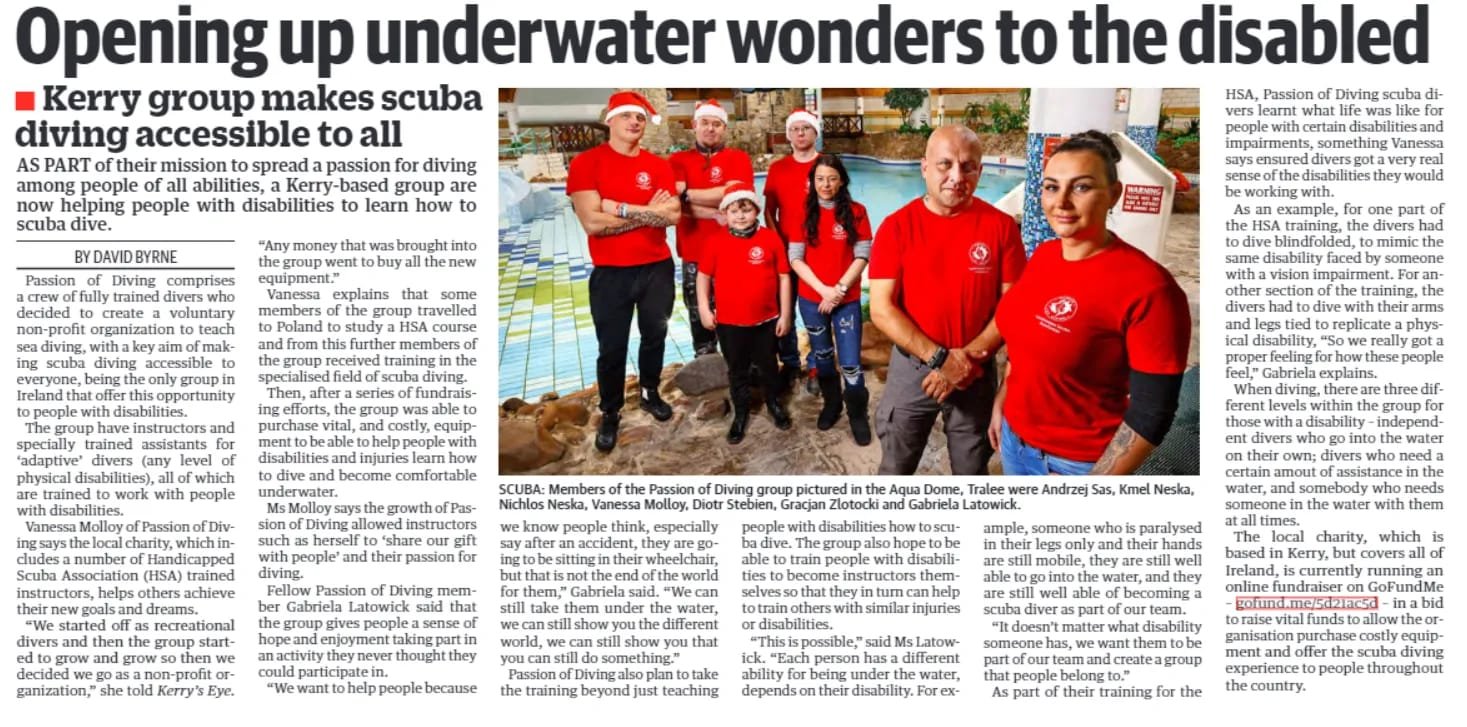About Us


Passion of Diving is a organization dedicated to promoting accessibility in scuba diving for individuals of all abilities across Ireland. As the sole organization offering diving opportunities for disabled individuals in the region, we are committed to facilitating inclusive and empowering experiences in the underwater realm. Our organization’s core ethos revolves around providing unparalleled support and assistance to individuals in their pursuit of new goals and dreams. We operate with a keen awareness of the needs of our community and are proactive in seizing opportunities to extend our support to those in need.
At Passion of Diving, we boast a team of highly skilled instructors and specially trained assistants proficient in catering to “Adaptive” divers, encompassing individuals with varying levels of physical disabilities. Our dedication to professionalism is underscored by our rigorous training regimen, ensuring that our staff is fully equipped to deliver exceptional service to individuals with disabilities.


With each passing year, our diving team continues to expand, reflecting our unwavering commitment to broadening access to the transformative benefits of scuba diving. Our services are available to anyone interested in exploring the underwater world, regardless of their physical abilities. Moreover, we recognize the therapeutic potential of diving and its ability to serve as a means of rehabilitation and recreation for individuals with disabilities.
Passion of Diving serves as a gateway for individuals seeking to embark on the exhilarating adventure of diving while requiring additional support. We extend an invitation to explore the wonders of the underwater world and foster new connections with like-minded individuals. Our overarching objective is to scale our operations by offering specialized diving courses for individuals with disabilities and embarking on international expeditions with our dedicated diving staff.
In summary, Passion of Diving is dedicated to breaking barriers and facilitating access to the unparalleled beauty of the underwater world for individuals of all abilities. We are committed to upholding the highest standards of professionalism and inclusivity as we continue to expand our reach and impact within the diving community.
Frequently Asked Question
What is scuba diving?
Scuba diving is a form of underwater diving where divers use a self-contained underwater breathing apparatus (scuba) to breathe underwater. It allows individuals to explore the underwater world and observe marine life.
Is scuba diving safe?
Scuba diving is generally safe when proper training, equipment, and safety protocols are followed. Certified instructors provide essential training to manage risks. It’s important to follow health and fitness guidelines, adhere to dive plan limits, and always dive with a buddy to ensure safety.
Therefore, the LEVEL B diver is certified to SCUBA dive with two dive buddies who are certified Open Water Level A or above. In the case of an emergency, this system will provide an effective dive buddy for all members of the dive team.
What equipment do I need for scuba diving?
What is the minimum age for scuba diving?
Can anyone scuba dive?
What are the best dive sites for beginners?
How deep can I dive as a beginner?
What should I do if I encounter marine life while diving?
Is scuba diving possible for people with disabilities?
What types of disabilities can participate in adaptive scuba diving?
Are there specific certifications required for adaptive diving?
What specialized equipment is used for adaptive diving?
How do dive centers accommodate divers with disabilities?
Can individuals with mobility impairments participate in scuba diving?
What safety measures are in place for adaptive diving?
Safety measures for adaptive diving include highly trained professionals, specialized adaptive gear, dive plans tailored to each individual’s abilities, and close supervision. Dive centers often use a buddy system, ensuring that divers have personalized assistance to address their unique needs during the dive.
Are there specific dive destinations suitable for adaptive diving?
How can individuals with disabilities get started with adaptive diving?
Is adaptive diving covered by insurance?
Who can participate in your diving programs for people with disabilities?
Is scuba diving safe for people with disabilities?
What types of disabilities can you accommodate in your diving programs?
Do participants need prior diving experience or certification?
What adaptive equipment do you provide for participants with disabilities?
How do you ensure accessibility at dive sites?
What safety measures do you have in place during diving activities?
Can family members or caregivers accompany participants during diving activities?
How can individuals with disabilities get involved in your diving programs?
Management

Gracjan
CEO
Founder of POD. A man who decided to share his passion with others. A great instructor who makes diving courses unique. With his openness and positive energy, he is able to unite people, thanks to him the organization is growing and every day we have new people willing to cooperation. Gracjan is not only a founder and instructor but also a visionary within the diving community. His dedication to sharing his passion for diving goes beyond just teaching courses – he strives to create transformative experiences for his students. Through his unique teaching style, Gracjan instills confidence and enthusiasm in his students, turning what could be perceived as a daunting activity into an exhilarating adventure. His openness and positive energy are infectious, creating an environment where individuals feel comfortable and motivated to learn and grow. Gracjan’s ability to connect with people on a personal level has been instrumental in fostering a sense of camaraderie within the diving community. He is not just a teacher but also a mentor and friend to many, always willing to offer support and guidance both in and out of the water.

Gabi
Secretary
Secretary Gabriela, as Gracjana’s right hand, is an indispensable member of our team, demonstrating an unparalleled level of dedication and versatility. Her willingness to go above and beyond in every task makes her an invaluable asset. Gabriela’s boundless helpfulness knows no bounds, as she seamlessly integrates herself into any role required. As our paperwork secretary, she ensures that administrative tasks are meticulously handled, maintaining order and efficiency within our organization. Additionally, Gabriela extends her support to various groups, assisting them in establishing solid foundations for their endeavors. Her commitment to excellence and her ability to adapt to diverse responsibilities make her an indispensable force within our team.

Magda
Treasurer
Magdalena is an indispensable asset to our organization, consistently demonstrating a proactive and optimistic approach to her work. Her unwavering dedication and willingness to assist others make her a cornerstone of our team. Her role, in fundraising and social media management; she also plays a crucial role in overseeing our organization’s finances with precision and diligence. Her expertise in financial management ensures that our resources are allocated efficiently and transparently, enabling us to achieve our goals effectively. Magdalena’s commitment to maintaining the financial health of our organization reflects her professionalism and dedication to our mission success. Additionally, Magdalena demonstrates proficiency in managing our social media presence, utilizing her skills to engage with our audience and further our mission. Her professionalism and commitment to excellence significantly contribute to the overall effectiveness of our operations.
Team
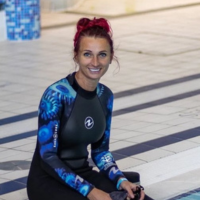
Ania
Fundraising Team

Darek
Dive Buddy

Piotrek (Ogur)
Dive Buddy

Kamil
Fundraising Team Photographer

Vanessa
Fundraising Team
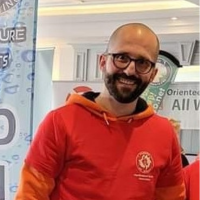
Konrad
Fundraising Team
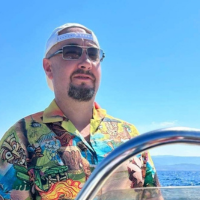
Marek
Dive Buddy/Chef
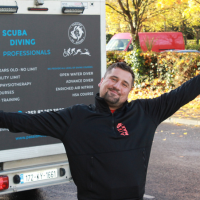
Mateusz (Kondzio)
Instructor/Dive Buddy
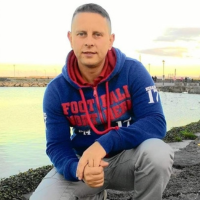
Piotrek (Bond)
Dive Buddy
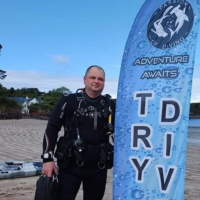
Piotrek (Bajlando)
Dive Buddy
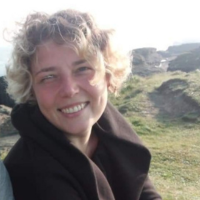
Iza
Instructor/Dive Buddy
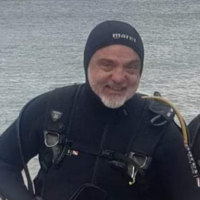
Leszek
Dive Buddy
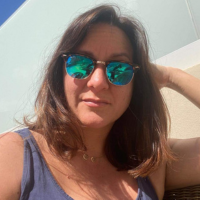
Hania
Dive Buddy

Wojtek
Dive Buddy

Kacper
Dive Buddy

Andrzej (Sasu)
Dive Buddy

